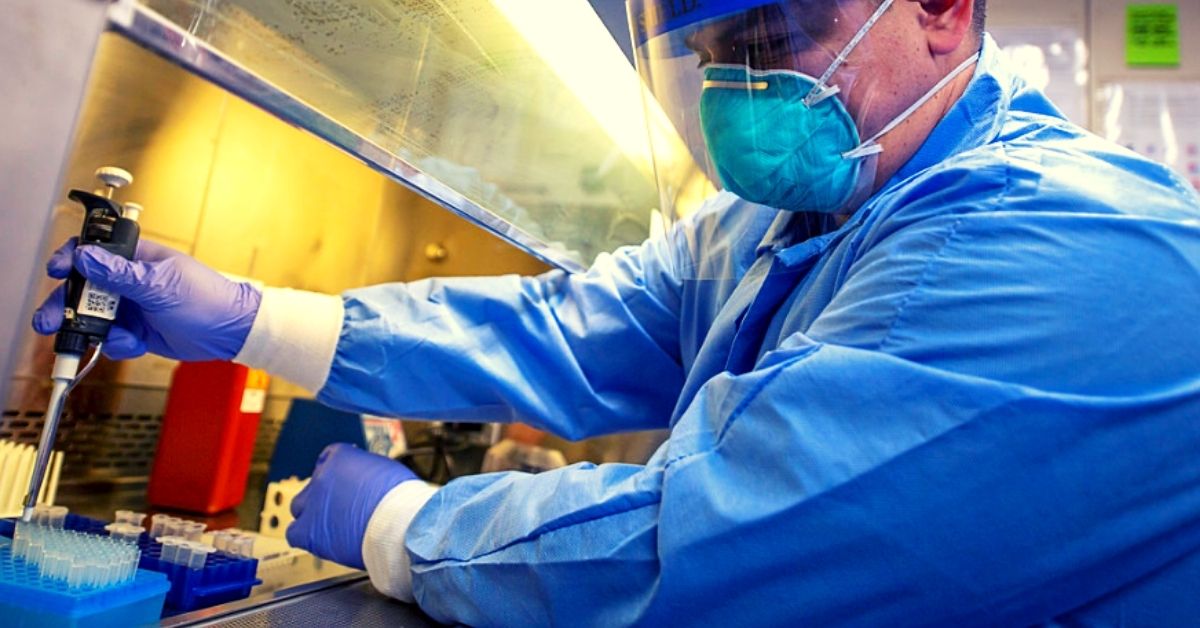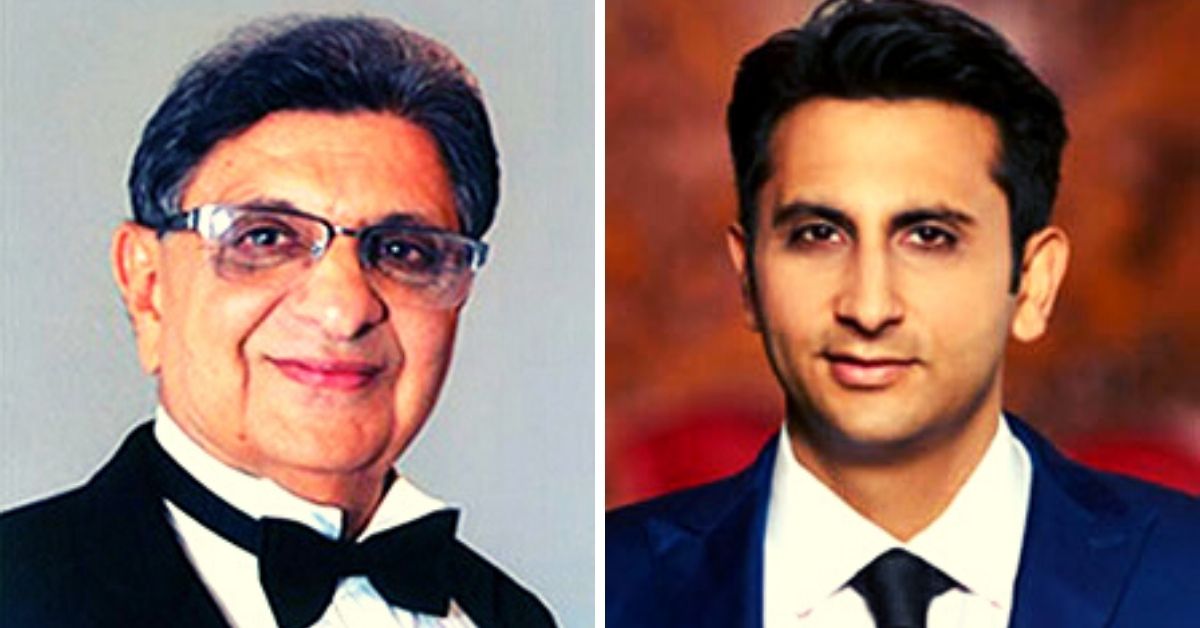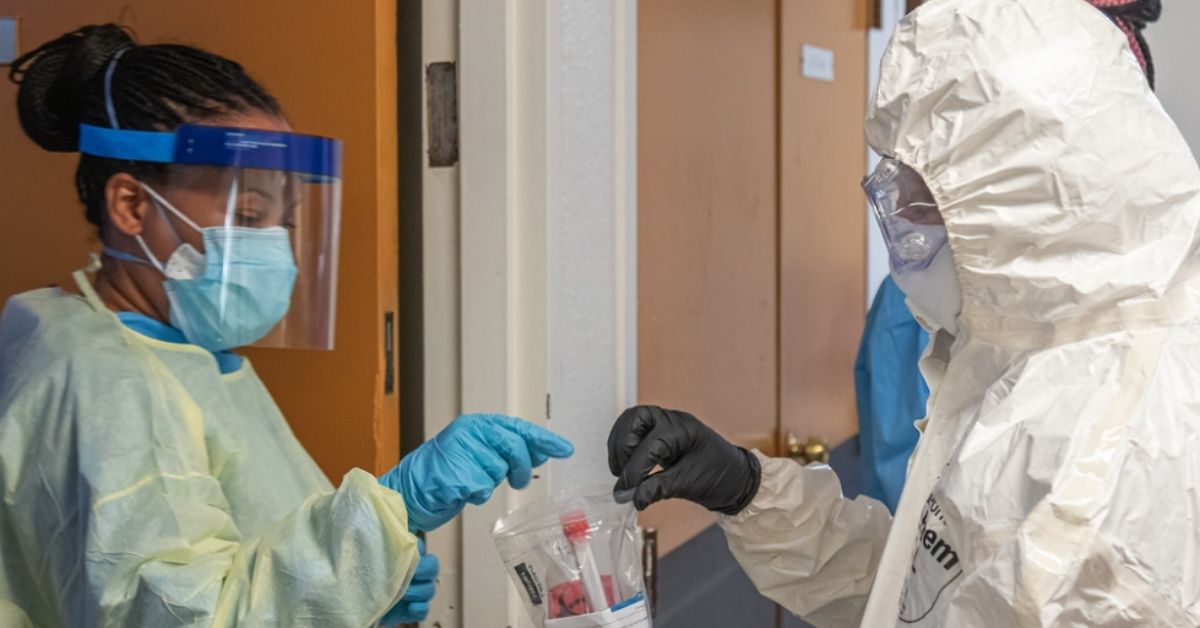This 54-YO Pune Company May Bring Oxford’s COVID-19 Vaccine to India
Phase-1 and Phase-2 trials by Oxford showed no adverse side-effects and generated an immune response among health participants.

The world’s largest vaccine manufacturer, Pune-based Serum Institute of India (SII), is likely to manufacture the COVISHLD’ (SII-ChAdOx1 nCoV-19) vaccine developed by developed by Oxford University’s Jenner Institute. The Drugs Controller General of India has given the SII a nod to conduct phase 2 and 3 human trials in 1,600 healthy volunteers in the country. The trials will be a randomized controlled study that aims to determine the safety and immunogenicity of the vaccine.
“As per the study design, each subject will be administered two doses four weeks apart (first dose on day one and second dose on day 29) following which the safety and immunogenicity will be assessed at predefined intervals,” an official told Press Trust of India.
The highly anticipated trial results for the COVID-19 vaccine, which is licensed to the multinational pharmaceutical company AstraZeneca, are out. Phase-1 and Phase-2 trials showed no adverse side-effects and generated an immune response among health participants.
“Both Phase 1 and 2 show encouraging results but do not give any indication on how successful they will be in the real world. A single shot gave a perfect immune response in healthy adults, and there is no need for any concern regarding serious adverse effects. As for India, this can be said after we do the trials on a large scale, covering both genders and different age groups. The process can take up to six months,” Dr Giridhara R Babu tells The Better India. He is the professor and Head of Lifecourse Epidemiology department at the Indian Institute of Public Health in Bengaluru.
Happy with the promising results shown by the Oxford developed-vaccine, the SII aims to apply for its manufacturing license.
“The trials have shown promising results, and we are extremely happy about it. We will be applying for the licensure trials to the Indian regulator in a week’s time. As soon as they grant us permission, we will begin with the trials for the vaccine in India. In addition, we will soon start manufacturing the vaccine in large volumes,” SII Chief Executive Officer Adar Poonawalla said.
All You Need to Know About the Poonawallas & SII

SII was founded in 1966 by Dr Cyrus S Poonawalla to make vaccines affordable in a developing country like India.
It was a conversation with a veterinary doctor that prompted Dr Cyrus, the owner of India’s largest stud farms, to explore vaccines.
“At the time, the farm’s retired horses were donated to the government-owned Haffkine Institute in Mumbai, which made vaccines from horse serum,” reads his website. He used horse serum to produce vaccines for Tetanus Antitoxin on a large scale in 1967.
“The major breakthrough came in the mid-1980s when we got pre-qualified or accredited for supplying vaccines to the UN agencies. Thereafter, there was a meteoric rise for the company,” Poonawalla had said in an interview to CNBC TV18.
SII has been instrumental in giving the world affordable vaccines such as Diphtheria, Tetanus, Pertussis, Hib, BCG, r-Hepatitis B, Measles, Mumps and Rubella vaccines.
Cyrus’ only son, Adar joined the company in 2001 after graduating in business management from the University of Westminster. He took over as CEO of the company in 2011.
In 2012, the Institute made history by acquiring its first International acquisition, Bilthoven Biologicals, a bioengineering and pharmaceutical company from the Netherlands Government.
There has been no looking back since then.
Close to 170 countries have used SII vaccines (accredited by institutions like the World Health Organization, Geneva) in their national immunisation programmes. As per its website, the company estimates that 65 per cent of the world’s children have used its vaccine at least once.
Under Adar’s leadership, the company made several path breaking strides. Whether it was installing a robotic arm for virus handling, high-speed vial washing, cell cube for growing cells or developing sealing machines that can work at the speed of 500 containers per minute, the company has aced technological advancements while keeping the vaccine prices low.
In an interview with Business Insider, Adar mentioned how some of the vaccines are cheaper than a cup of tea, even if it means forgoing profits.
How Does The Vaccine Work?

The novel Coronavirus uses the spike (S) protein to enter the body cells and multiply. The vaccine is a non-replicating viral vector that primarily develops the immunity of the body against the spike protein. It is also supposed to develop antibodies that restrict the deadly virus from entering the body.
With the help of a harmless virus, the vaccine delivers the genetic material of a pathogen into cells that create an immune response.
As per a paper published in The Lancet journal, the vaccine induced a T-Cell response within 14 days of vaccination and it took 28 days for an antibody response.
The T-cell response is an attack of the white blood cells on cells infected with the SARS-CoV-2 virus. They aggressively work to destroy infected cells and protect the body from pathogens and cancer cells.
Nearly 1,077 healthy adults participated in the trials after undergoing full-body medical screenings. The researchers mentioned minor side-effects like light fever, chills, muscle aches, headaches and malaise. These were curbed using prophylactic paracetamols.
This news comes at a time when India has started its human trials to test the Covaxin vaccine developed by Hyderabad-based Bharat Biotech.
Oxford University is among the front runners whose vaccine has reached the human trial stage. As per the World Health Organization, there are more than 155 vaccine candidates, 23 of which are in the human trial stage. Click here to check out the full list.
Featured Image Source: Flickr
(Edited by Shruti Singhal)
If you found our stories insightful, informative, or even just enjoyable, we invite you to consider making a voluntary payment to support the work we do at The Better India. Your contribution helps us continue producing quality content that educates, inspires, and drives positive change.
Choose one of the payment options below for your contribution-
By paying for the stories you value, you directly contribute to sustaining our efforts focused on making a difference in the world. Together, let’s ensure that impactful stories continue to be told and shared, enriching lives and communities alike.
Thank you for your support. Here are some frequently asked questions you might find helpful to know why you are contributing?


This story made me
-
97
-
121
-
89
-
167











